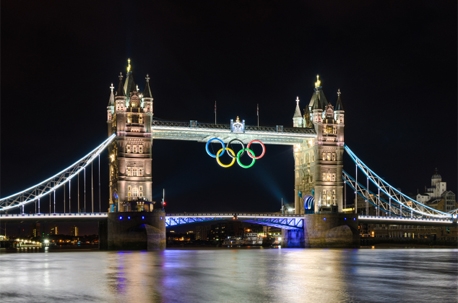OPINION7 April 2015
All MRS websites use cookies to help us improve our services. Any data collected is anonymised. If you continue using this site without accepting cookies you may experience some performance issues. Read about our cookies here.
OPINION7 April 2015
In the third in a series of blogs exploring different behavioural economic biases, Crawford Hollingworth looks at the optimism bias.

The optimism bias describes our tendency to overestimate our likelihood of experiencing good events in our lives, and underestimate the likelihood of suffering negative events in our lives. More simply, people think they’ll be luckier than they are likely to be. Neuroscientists estimate that 80% of us are affected by optimism bias to some degree.
Related to optimism bias is the planning fallacy. The planning fallacy is a tendency for people and organisations to underestimate how long they will need to complete a task. Researchers investigating the planning fallacy among students found that, when students were asked by what date they were 99% certain they would finish their project, only 45% actually finished by the date they had suggested.
Knowing that the Olympic games typically come in way over budget, the UK Treasury insisted that the budget for the London 2012 games be revised to include a £2.8 billion contingency fund – calculated by a formula that recommended including contingencies for 60% of the original budget – to adjust for unrealistic optimism. The result was that the final bill for the London Olympics totalled £8.92 billion, an impressive £377 million under the original estimated budget of £9.28 billion; meaning that there was some money left over at the end and making London 2012 the first Olympics ever to cost less than expected.
Why are people so staggeringly optimistic? A clue to the underlying problem can be found in another study, which found that asking people either for their predictions based on realistic “best guess” scenarios; or for their hoped-for “best case” scenarios produced indistinguishable results.
Crawford Hollingworth is founder of The Behavioural Architects
Related Articles
0 Comments